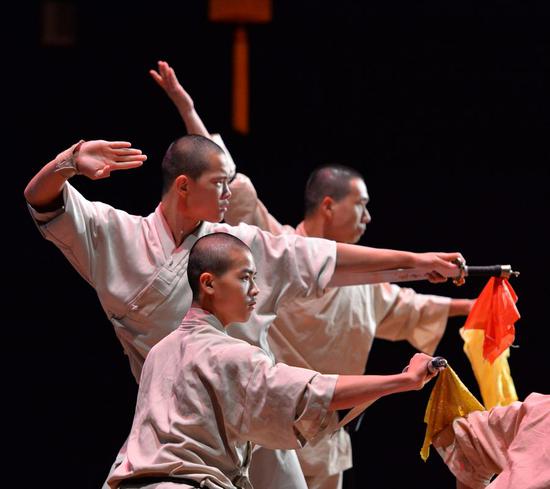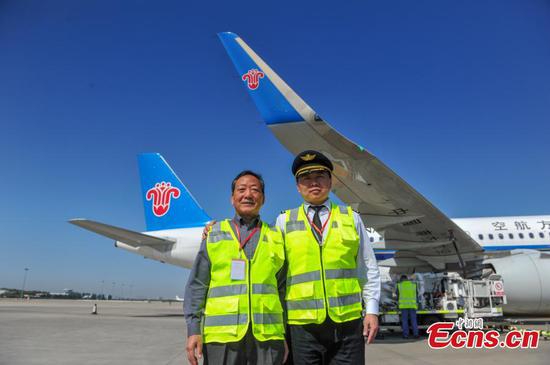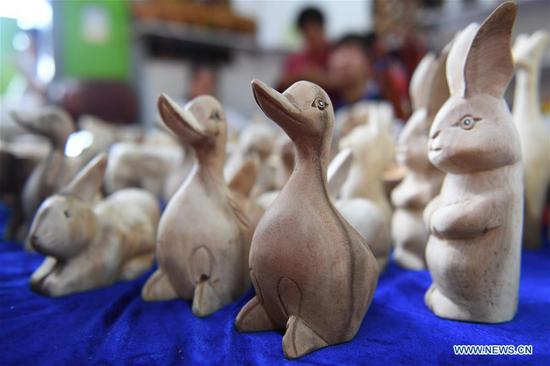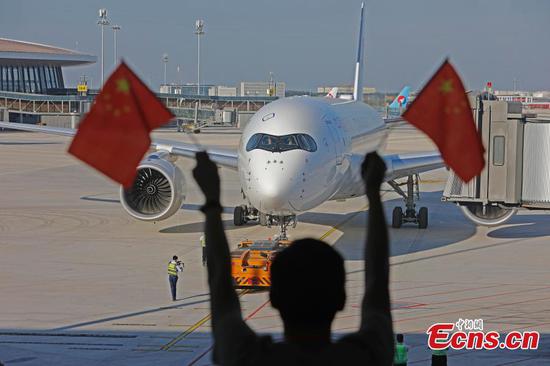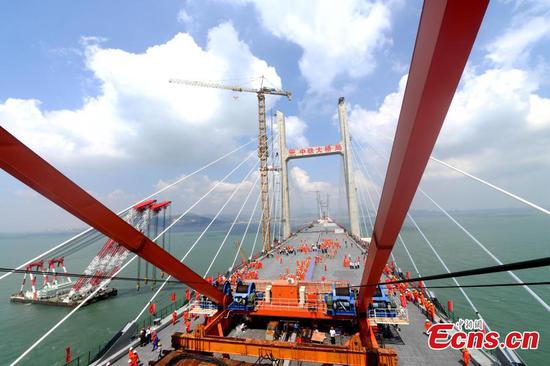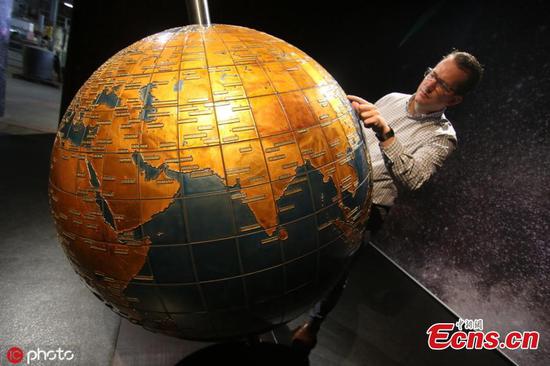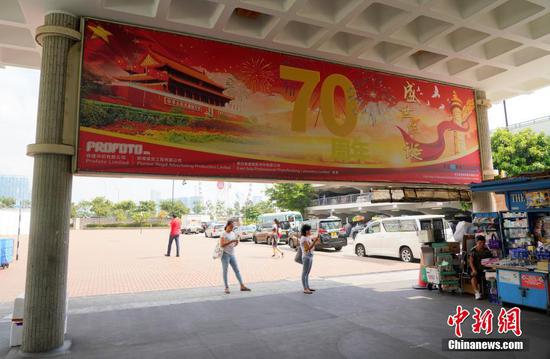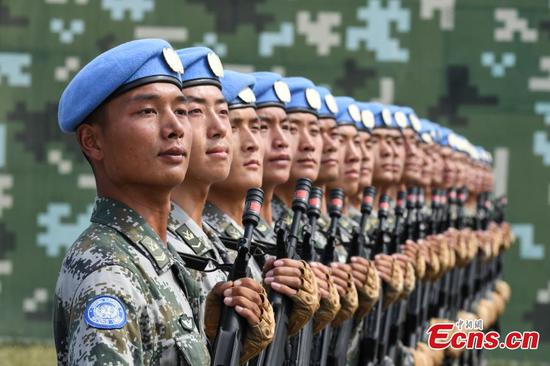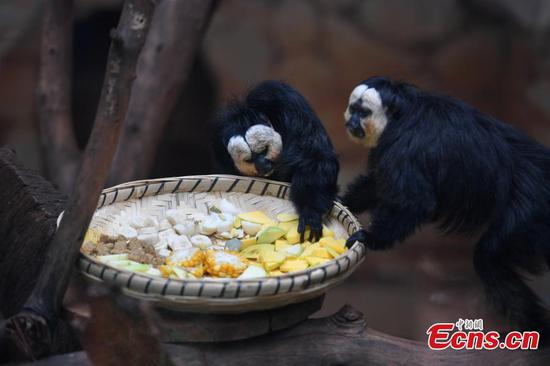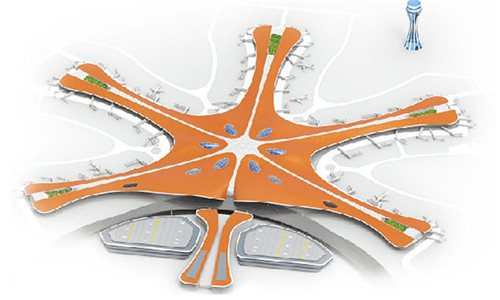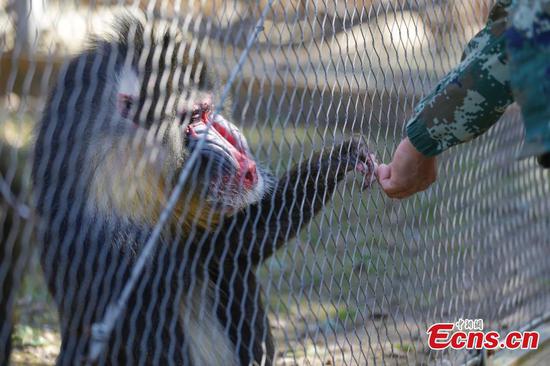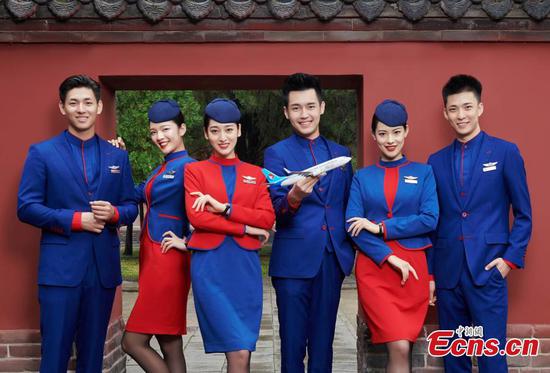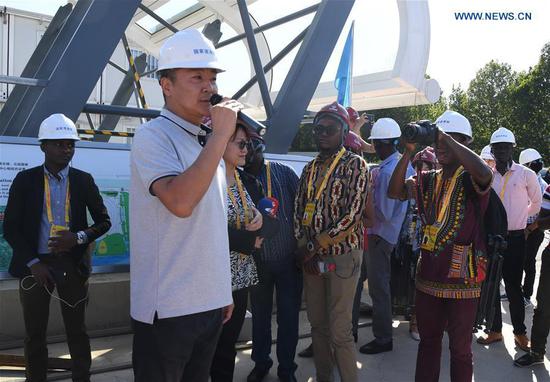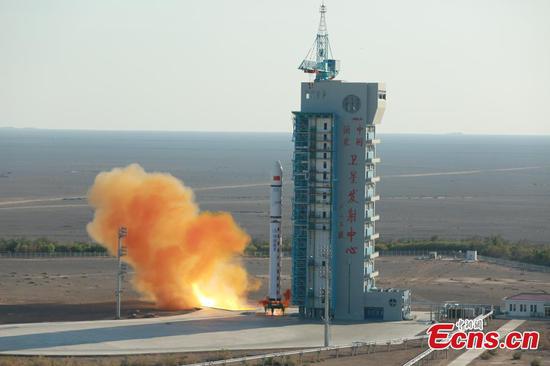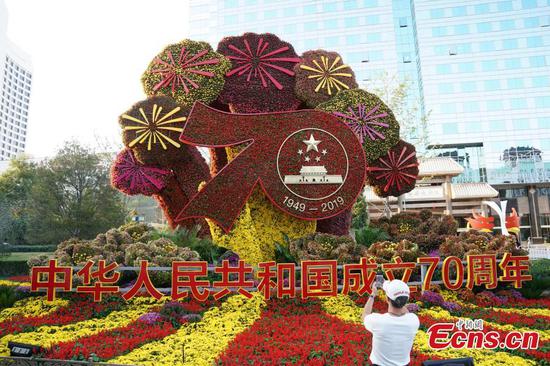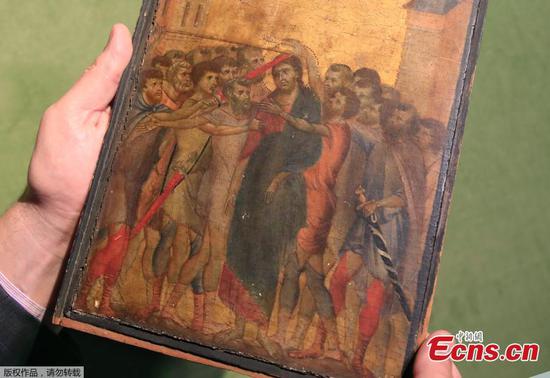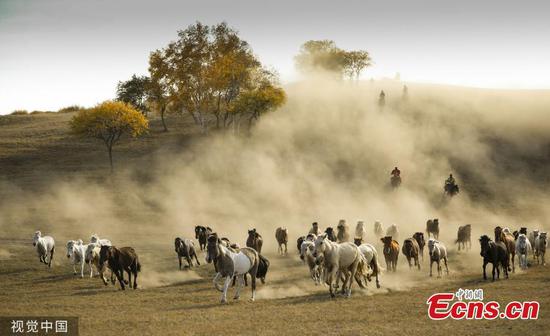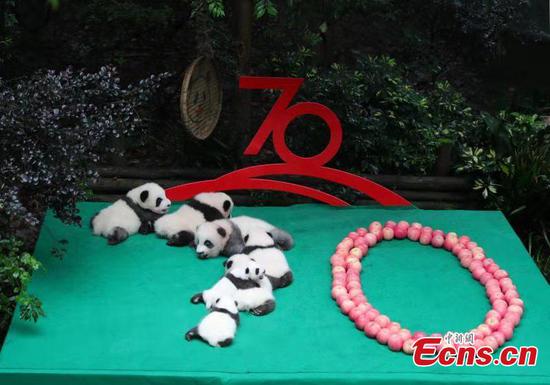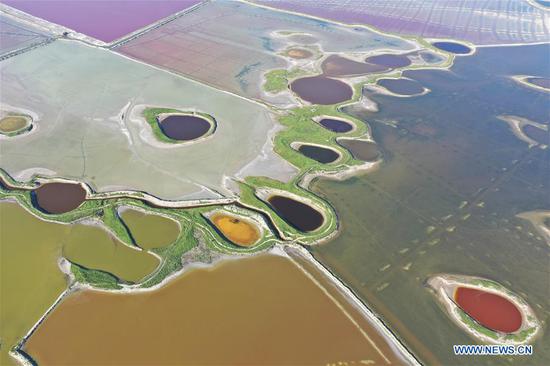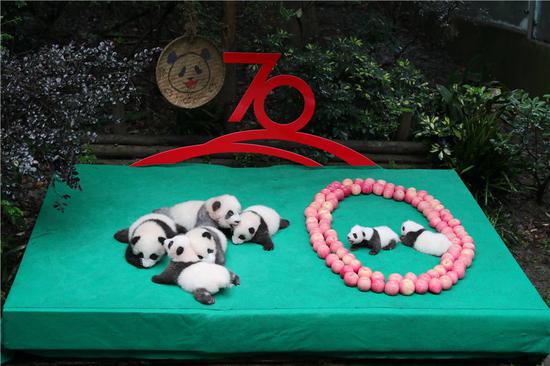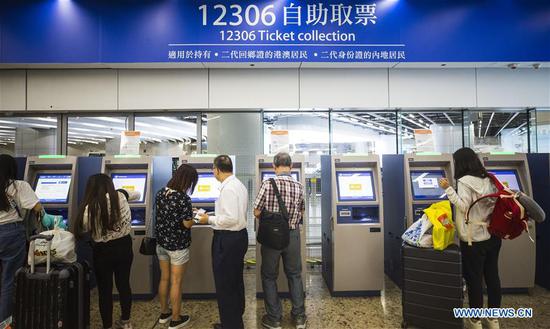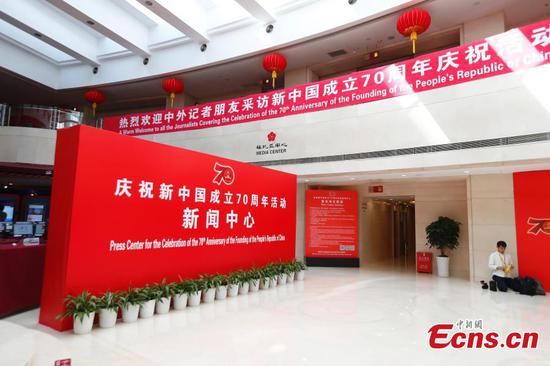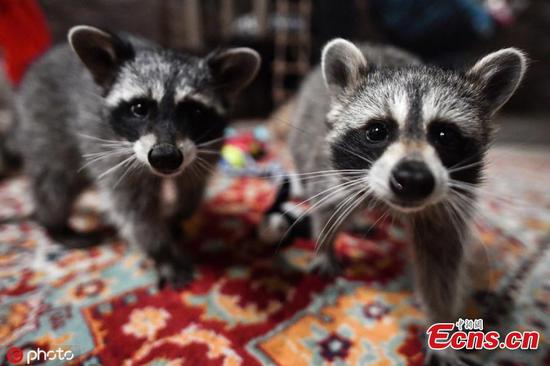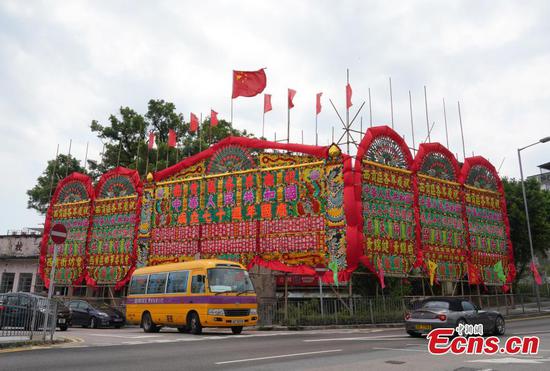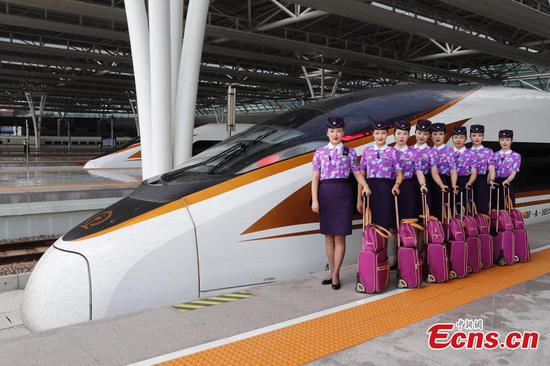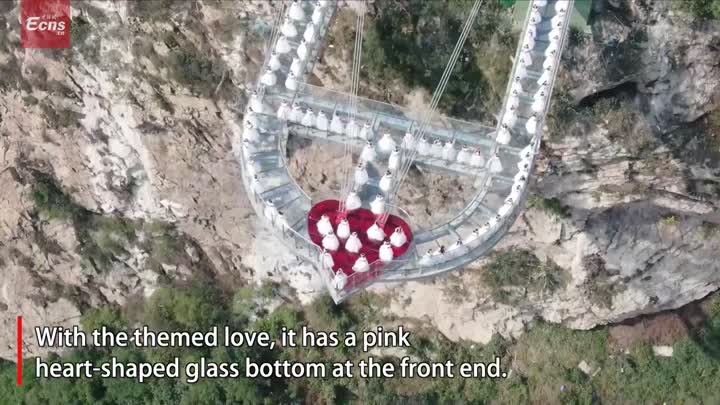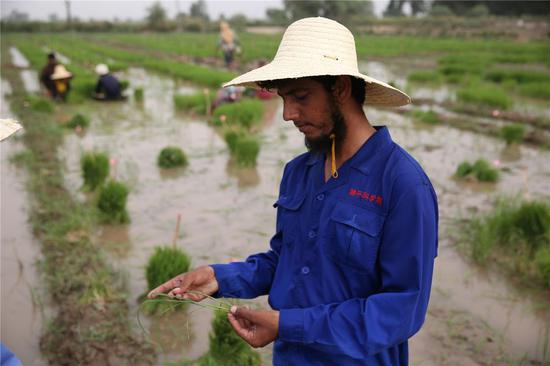
FROM CHINA TO THE WORLD
While food shortages have long been consigned to China's past, Yuan, the famine fighter, has a much bigger ambition -- to save the world from starvation.
Since the 1980s, Yuan's team has offered training courses in dozens of countries in Africa, the Americas and Asia -- providing a robust food source in areas with a high risk of famine.
With assistance from Yuan's team, a hybrid crop variety produced a harvest of 10.8 tonnes per hectare in Madagascar this year, far exceeding the yield of local rice. And the average yield of the hybrid rice planted in Kenya is four to five times greater than conventional varieties.
Globally, more than 820 million people were hungry in 2018, according to a UN report. And if hybrid rice is planted in half of the world's 147 million hectares of paddy fields, the additional yield alone can feed another 500 million people, said Yuan.
Yuan's team has continued to make new breakthroughs. Yuan's team was invited to make a trial plantation of the saline-alkaline tolerant rice in experimental fields in Dubai in January 2018, achieving huge success. China's export of saline-alkaline tolerant rice and the technique has been eyed as a way to combat the world's food insecurity.
FROM HAVING ENOUGH TO EAT TO EATING WELL
Now the focus of Yuan's hybrid rice project has changed from increasing output to green and sustainable development. In September 2017, a strain of low-cadmium indica rice developed by Yuan's team and the Hunan provincial academy of agricultural sciences was able to reduce the average amount of cadmium in rice by more than 90 percent in areas suffering from heavy metal pollution.
"This is a huge breakthrough, and the technology is simple and inexpensive to apply," said Yuan. He is currently working on the third generation of hybrid rice, and striving to gradually replace the three-line and two-line hybrid rice in the next few years.
"Our country has entered a decisive period to complete building of a moderately prosperous society in all respects since the 19th National Congress of the Communist Party of China. To me, that means we are moving from 'having enough to eat' to 'eating well,'" he said.
"I am now in my 90s and hope that I can live to be 100 years old," he said. "I'm confident in the future of my country, and I want to make more contributions to its prosperity."









